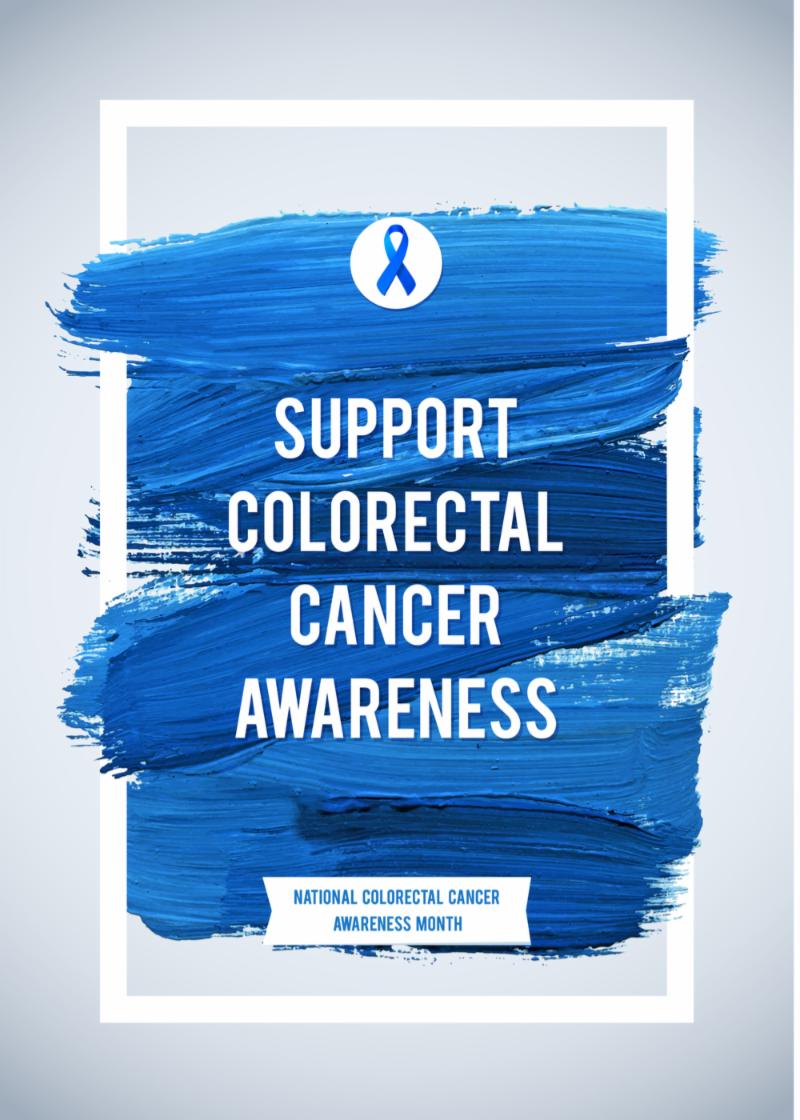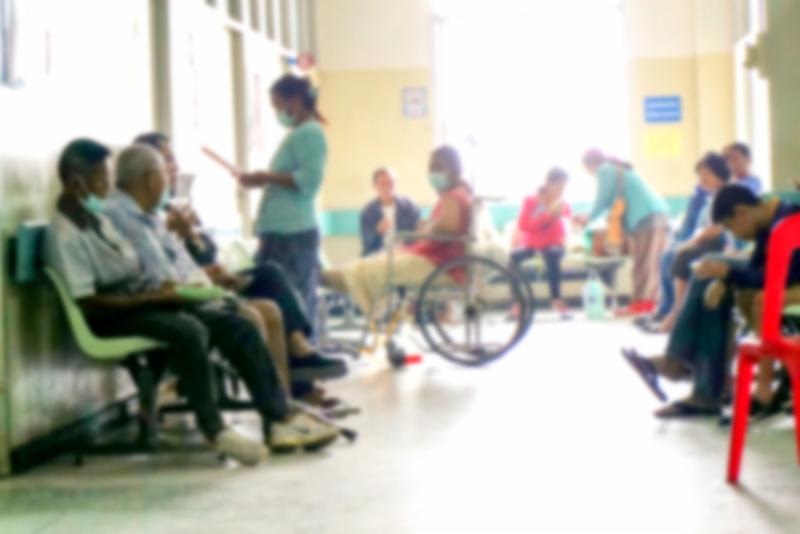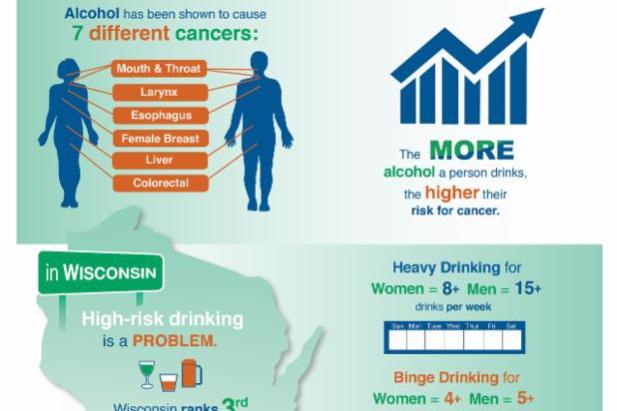|
Together we will reduce the burden of cancer in Wisconsin.
|
|
|
|
Wisconsin Cancer Council News
| Issue 104
| March 2018
|
|
|
|
|
 |
 |
 |
 |
 |
 |
 |
 |
 |
 |
 |
 |
 |
 |
MEMBER RECRUITMENT
Welcoming New Faces
A special challenge for WI Cancer Council members
 Think back: How did you first hear about the WI Cancer Council? Who invited you to learn more? What about the Cancer Council inspired you to get involved?
As we begin to embark on our first-ever set of
Action Plans - designed to accelerate progress in areas of greatest need - we want to make sure all voices are represented. The WI Cancer Council is a diverse coalition, but we know we're missing people who should be at the table.
So, we have a challenge for you. As a member of the WI Cancer Council, you already know what makes the Council great. Can you help us widen our circle?
The
Regional Meetings next month are the perfect chance to introduce new faces to the
resources and opportunities available through the WI Cancer Council. We want to show potential new members what we have to offer, how we can help, what's in it for them.
Here's our challenge for you: Think about the people you know across your organization and your community. Who do you know who would benefit from the networking, best practices, and resources we provide?
We're asking you to do two things:
1.
Personally invite at least one friend or colleague to attend the Regional Meetings with you. You can use the sample email invitation included in our
Promotional Toolkit.
BONUS:
|
|
|
|
|
The complete toolkit includes sample email invitations & newsletter blurbs, plus other simple promotional ideas.
|
The 8.5x11 flyer can be printed and posted wherever colleagues gather. Or share it via email!
|
Share this on social media, or include in your personal email invitations to colleagues, friends, and partners!
|
|
|
COLORECTAL CANCER AWARENESS MONTH
Colorectal Cancer at a Glance
Screening is essential for WI's second-leading cancer type
 It's a fact that cancer screening saves lives. For
colorectal cancer
, screening catches polyps before they turn into cancer, and identifies cancer in its early stages before symptoms arise. Alarmingly, 25% of Wisconsinites age 50-75 aren't getting the recommended colorectal cancer screening.
>> Here's what you should know:
>> What You Can Do
|
|
MEMBER SPOTLIGHT
Reducing Barriers to Screening
Clinic 'champions' increase screening rates for colorectal cancer
 For more than 35 years, a bustling health clinic in south-central Madison has served a diverse and under-insured community. In 2016, clinic staff identified a gap: too many patients
at risk for colorectal cancer weren't getting screened.
In 2017, the Erdman clinic rolled out a pilot project to get more patients screened.
"Drawing on expertise from across the agency, we asked ourselves, 'What are we doing around colorectal cancer?'" says Judy Keel, director of grants and project management for Access. "We didn't even have a procedure or guideline for how people should be screening."
So they created a guideline based on current
USPSTF recommendations to establish a consistent colorectal screening process for patients ages 50 to 75. Then they changed staff workflows to get
home screening kits into the hands of as many patients as possible.
Between February 2017 and February 2018, they distributed 286
Hemosure iFOB kits. Patients could collect stool samples at home and then return the kit to the clinic, where staff could read the results without having to send the samples to a laboratory.
Patien
ts were "way more responsive than we thought they would be," Keel says. Of the 286 kits distributed, 204 came back -- a 71% return rate.
Ingredients for Success
 To make this happen, clinic staff creatively used existing tools, reduced language barriers for patients, and relied on strong staff buy-in -- strategies in line with the
WI CCC Plan
. To make this happen, clinic staff creatively used existing tools, reduced language barriers for patients, and relied on strong staff buy-in -- strategies in line with the
WI CCC Plan
.
For example, they changed how they used electronic health records to better capture screening reminders; created handouts in English and Spanish that have been well received by patients; and rewrote the kit instructions in more accessible language and translated them into Spanish.
Most important were the "provider and support staff champions [who] trained other staff and talked about the importance of colorectal screenings," Keel says.
"Our support staff do an amazing job and a lot of work. This could have been looked upon as just one more thing they have to do, but their support and interest have been excellent. We share the results as we go, to show them how this is making a difference for our patients."
Results and Next Steps
So far, the kits have identified
20 patients who needed colonoscopies to remove polyps, and
one patient with colon cancer who needed surgery.
Initially, the kits were offered to patients coming in for appointments who were flagged for screening. In the next phase, staff will begin reaching out to patients who haven't had a regular visit but who are
higher risk for colorectal cancer.
The project has been so successful it's now spread to a second Access medical clinic.
In September 2017, the project earned Access Community Health Centers a Performance Excellence Award from the WI Primary Health Care Association.
The WI Cancer Council is thrilled to welcome Access Community Health Centers as one of our newest members!
|
 |
|
|
 |
How to Use the CCC Plan
Use our new resource tutorial
We've released our second resource tutorial in our ongoing series to help members make better use of our online resources.
Our latest tutorial,
"How to Use the Online WI CCC Plan",
shows you how to navigate the online version of the CCC Plan, and provides two real-life examples for how the online Plan can help you in your work.
The
online CCC Plan is interactive, with action steps and embedded resources throughout the 13 Priorities.
|
FUNDING OPPORTUNITY
Community Grants Program
$25K awards for local impact
This program funds local efforts in cancer prevention and early detection. Applicants working to effect change in underserved communities are given special consideration.
Up to 10 awards will be granted. Each award will total $25,000 for one year.
If you receive an award, please let us know so we can celebrate it here!
|
|
 |
 |
Announcements
News and resources from Cancer Council members
|
Speaker Series for Survivors
Join our member organization Gilda's Club for their 10th
anniversary Speaker Series! Topics will include intimacy after cancer, becoming an advocate, and holistic approaches to well-being. Events run April through October. All events are free and open to the public, though registration is requested. See the
full line-up and registration details
.
Publication News
Our very own Dr. Pat Conway, who finished his term as WI Cancer Council president in December, was recently published in the
Journal of Clinical Oncology. Congratulations, Dr. Conway!
New E-Cig Infographic from the CDC
A
new infographic from the CDC
tackles questions such as: What are e-cigs? What's in them? Are they less harmful than regular cigarettes? What are the health effects of e-cigs, and who is using them? This resource provides a helpful tool for those working to reduce the use of e-cigarettes, particularly among young people.
|
Events
Upcoming events from Cancer Council members
|
Resources
Tools to advance your cancer control work
|
|
|
|
 |
Connect with other members across the state through our highly searchable, data-rich member directory tool. (Must be logged in.)
|
Our video tutorial series can help you maximize resources, such as the online Cancer Control Plan and the Your Role in Cancer Control tool.
|
Designed to easily communicate complex ideas, our infographics are perfect to share with patients, partners, and constituencies.
|
|
|
|
|
|
Our latest FAQ debunks common myths about about alcohol & cancer. Use it to start important conversations with patients, clients, and community members.
|
Action Plan pages
The Council's Action Plans accelerate progress in areas of greatest need. Learn more about each Action Plan and see how you can get involved.
|
Did you miss a past issue or want to share it with a colleague? Find every issue going back to January 2015 in our online newsletter archive.
|
|
It's your quarterly update on all things related to
policy & cancer.
|
|
|
|
 |
 |
 |
 |
 |
 |
 |
 |
 |
 |
 |
 |
 |
 |
|
Do you have an announcement, event, or story idea?
|
ENGAGE is a monthly publication for members of the Wisconsin Cancer Council. Its purpose is the share news and information about cancer prevention and control with our members across Wisconsin.
|
|
|
|